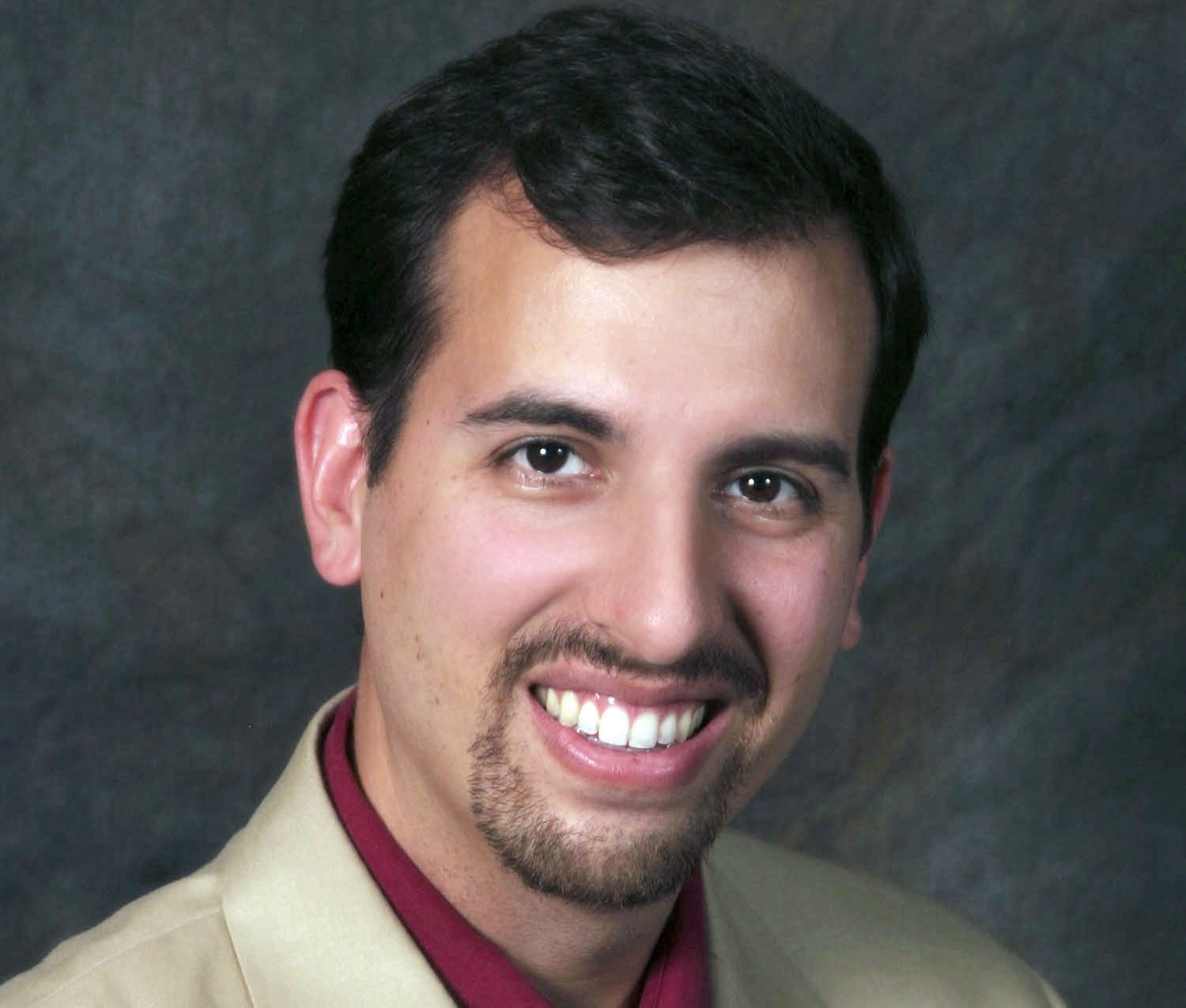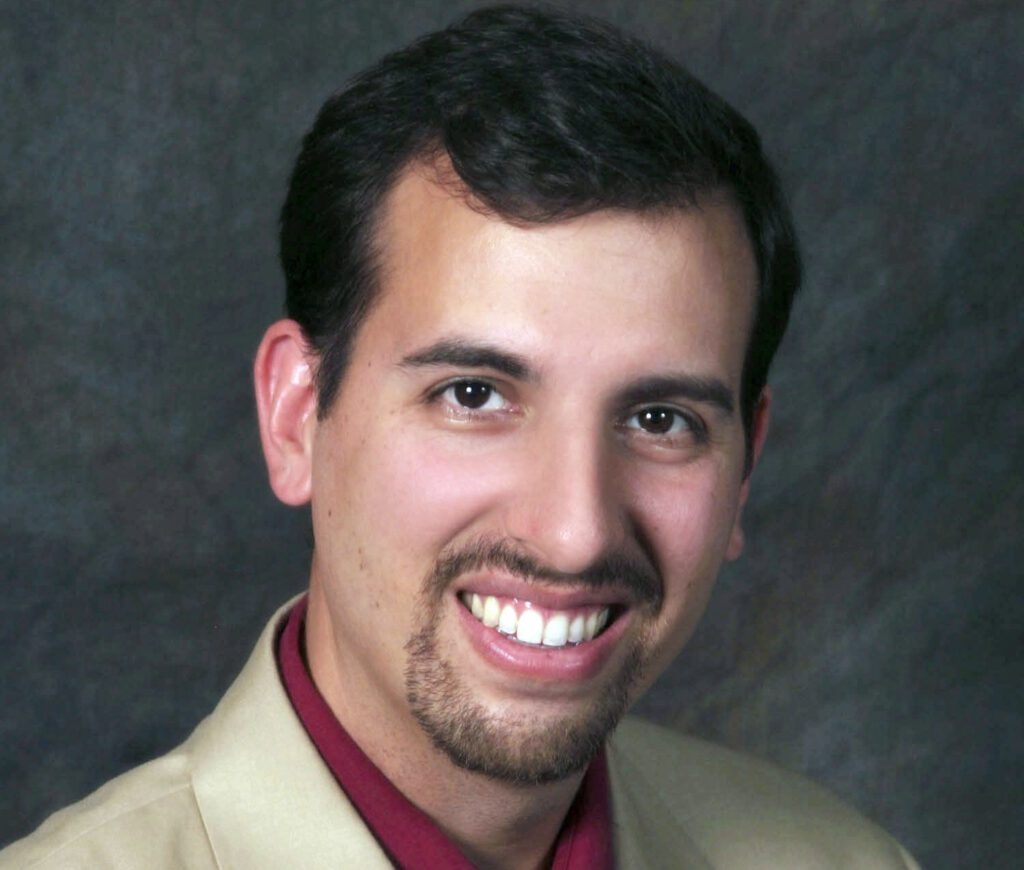The Buddha said, “To keep the body in good health is a duty. Otherwise, we shall not be able to keep our mind strong and clear.”
I couldn’t agree more with this quote. By repeating simple practices — such as getting a good night’s sleep, exercising regularly, and eating healthy — we can all achieve greatness in health and life.
Still, sometimes disaster strikes — COVID-19. How do we take care of our health during a pandemic?
There’s a lot of information in the world surrounding COVID-19 and the vaccine. Some of this information seems to directly contradict other sources, making it almost impossible what to believe as a result. Should we wear masks or not wear masks? Should we receive the vaccine when it comes available or not? Is COVID-19 going to go away soon, or will we be dealing with it for a much longer time?
The questions are endless, but thankfully, I have an expert here today to give us answers.
My guest for today is Dr. Roger Seheult, and this conversation will amaze you. Dr. Roger focuses on the importance of improving our body’s natural defense against diseases such as COVID 19 and researches how it affects our total well-being.
We kicked off with a great and informative conversation when we covered the science behind Vitamin D and how it can treat COVID-19 and other diseases. We also talked about the natural remedies to help boost our immune system and how contrast showers can improve your life. If you haven’t listened to it yet, do yourself a favor and check out Part One.
In this second part, we continue to get more to the bottom of protecting ourselves against the viral disease through this simple answer — having a healthy body. In the process, we also discuss the controversial issue of vaccination. Lastly, we talk about the sensitive issue of how we can take care of our mental health while trying to be physically healthy at the same time.
Today’s episode is full of information that you need to know — for the sake of your health and others! Let’s get started.
Who Is Dr. Roger Seheult?
Dr. Roger Seheult is a Southern California-based, quadruple board-certified doctor in internal medicine, pulmonary diseases, critical care medicine, and sleep medicine through the American Board of Internal Medicine. He’s the co-founder of MedCram, a medical education company, where his mission is to demystify medical concepts for people worldwide.
He currently works at Banning Speciality Care Center (Beaver Medical Group), located in Banning, California, and he’s an Associate Professor of Medicine at Loma Linda University.
In addition to his busy life as a physician and professor, Dr. Roger is also the co-founder of MedCram — a medical education company where his mission is to demystify medical concepts for people around the world. MedCram offers a dramatically more efficient, engaging, fun, and lasting way to learn and review medical topics.
In his pulmonary and critical care work, Dr. Roger has to take care of patients in the hospital. The pandemic transformed his duty from taking care of regular people to many who have COVID 19. As a clinician and physician, Dr. Roger looks into and keeps up with all of the science coming down from the viral disease, which we knew nothing about a year ago. With science focused on studying it, current treatments that might work for it are also explored.
Dr. Roger believes that the cure for COVID-19 lies in improving our immune system. A key to achieving this is through taking in Vitamin D and using other natural remedies. His work is changing how we and science have looked at our bodies’ way to fight diseases.
But what about vaccines? How do they factor into all of this? Thankfully, Dr. Roger is here today to give us his advice!
The Facts About Vaccines
Vaccines have always been a controversial issue. Some believe in the science behind it, while others are against it and wary of potential side effects. As a physician, though, Dr. Roger believes in its importance and laid out six important points concerning whether or not you should take the vaccine during this conversation.
#1: Taking the vaccine is a risk; life is full of risks.
“Well, the first thing that you have to understand is that nothing in life isn’t without risk. Everything has risk. As medical doctors, we make decisions by answering the questions, ’Are there more risks than benefits? Or more benefits than risks?’” – Dr. Roger Seheult
These questions beg us to reflect on how we make decisions in our lives’ most difficult situations. Though these can be scary things, stepping out of our comfort zones and facing all risks that come with it can give us more benefits in the long run. Taking risks builds courage, and that’s what we need to move forward.
#2: It’s a choice between the vaccine and virus — nothing else.
“The decision to get vaccinated in a pandemic is not a decision out of nothing. The situation is calling for it. It’s either you get vaccinated or get the infection.” – Dr. Roger Seheult
Making a decision to get the vaccine or not lies in the uncertainties that come with it. And that’s understandable — we are afraid of the unknown. But if you choose to not get the vaccine, you are also choosing to be vulnerable to the virus. In the case of the battle between the vaccines and the virus, Dr. Roger further explained:
“We don’t know the long-term effects of vaccines because these effects would usually appear within the first two to three months. But having the virus has long-term effects, too. A study shows that some athletes still had signs of myocarditis after a mild or asymptomatic bout of COVID-19. … In vaccines’ case, it works because it allows our bodies to develop immunity against COVID-19. What most do not know is that anti-COVID vaccines contain attenuated protein from the virus itself. This prepares our immune system for what’s coming and [to] be ready for it with antibodies.” – Dr. Roger Seheult
#3: Vaccines eliminated diseases like polio and smallpox in today’s world.
A lot of you know that I grew up in a family of Christian Scientists who did not believe in medicine. We believed in healing through the mind, and I have always thought that I’d never receive a vaccine in my entire life. I grew up without any vaccines and still survived the measles. But each person’s immune response is different, and vaccines have saved thousands of lives. Dr. Roger reminded us of the danger of taking for granted the comforts in life:
“The fact that we don’t have polio or smallpox today is a direct consequence of ancestors in this country and around the world. They decided on taking a vaccine to eliminate those diseases. We’ve effectively done that when we started to say that a vaccine is a choice for me.” – Dr. Roger Seheult
In the past, vaccines have a great track record. Still, we need to be aware of any potential side effects that can come from vaccines before we make a decision.
#4: Taking the vaccine has the possibility of adverse effects.
“There are common reactions that can occur when you get the vaccine. This is where your immune system is revving up. You’re going to feel bad when your interferon levels go up.” – Dr. Roger Seheult
In the first part of our conversation, we talked about how interferons cause fever, which is the body’s natural way of helping our immune system. However, Dr. Roger also discussed the possibilities of getting allergic reactions and, at times, diseases from a vaccine.
“For instance, there’s the flu vaccine that was given in Europe years ago. It caused a rash of narcolepsy. There was an autoimmune response against the vaccine that cross-reacted and started to destroy parts of the patient. But that’s on the vaccine side.” – Dr. Roger Seheult
Despite these negative results, Dr. Roger emphasized that vaccines have saved more lives than they have hurt. He urged everyone to do a risk-benefit analysis: “Does the benefit outweigh the risk?”
“Do we know the long-term side effects of the vaccine? No, we don’t until … a long time, but we don’t know the virus’s long-term side effects either. But that may be different if somebody has horrible allergic reactions and anaphylaxis. I would not advise getting the vaccine because you’re at high risk for getting another allergic reaction. That’s a medical risk-benefit ratio” – Dr. Roger Seheult
Depending on your preexisting health conditions and allergies, taking the vaccine may be more of a risk to you than a benefit — as always, consult your doctor before making any major health decisions!
#5: Herd immunity might be our best option.
Dr. Roger believes that at this time, the best weapon that we have against COVID-19 is herd immunity. However, he explained that our hospitals and health system’s current situation is not enough for the needs of the infected people. In order to achieve herd immunity, we need the support of the vaccine to get there.
The news about other COVID variants such as the UK variant, South African variant, Brazilian variant, and the California COVID variant broke over the internet just months ago. Fears increased double or triple fold, but Dr. Roger is confident that the new vaccines will work.
“Though there might be limited studies for the meantime on the vaccines’ effectiveness to the other variants, I could say that we will not need to have a new vaccine. But suppose there’ll be a case of escape mutation, where the virus can escape the immunity put on by the human body. The silver lining is, they can change the sequence, the messenger RNA, and the vaccine they’re already giving to reflect the new structure of the other variants’ spike protein. It would not take very long for that new vaccine to be developed.” – Dr. Roger Seuhelt
Overall, the issue of vaccines should not be something that divides us. We all have different beliefs and opinions, the ultimate goal of vaccination is for the health of the individual and the community. However, if you decide not to receive the vaccine, remember that there are some natural ways we can improve our immune system as well!



